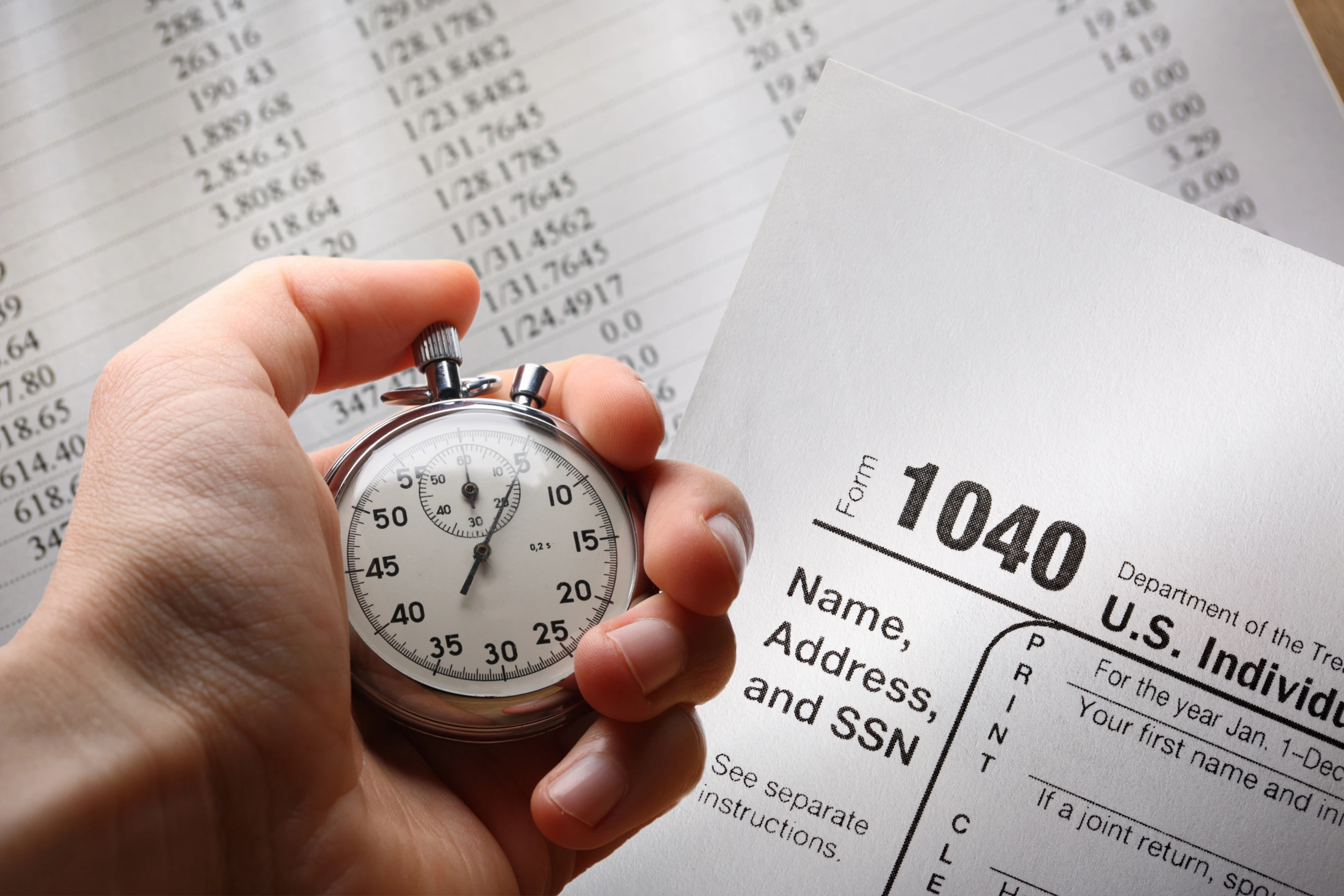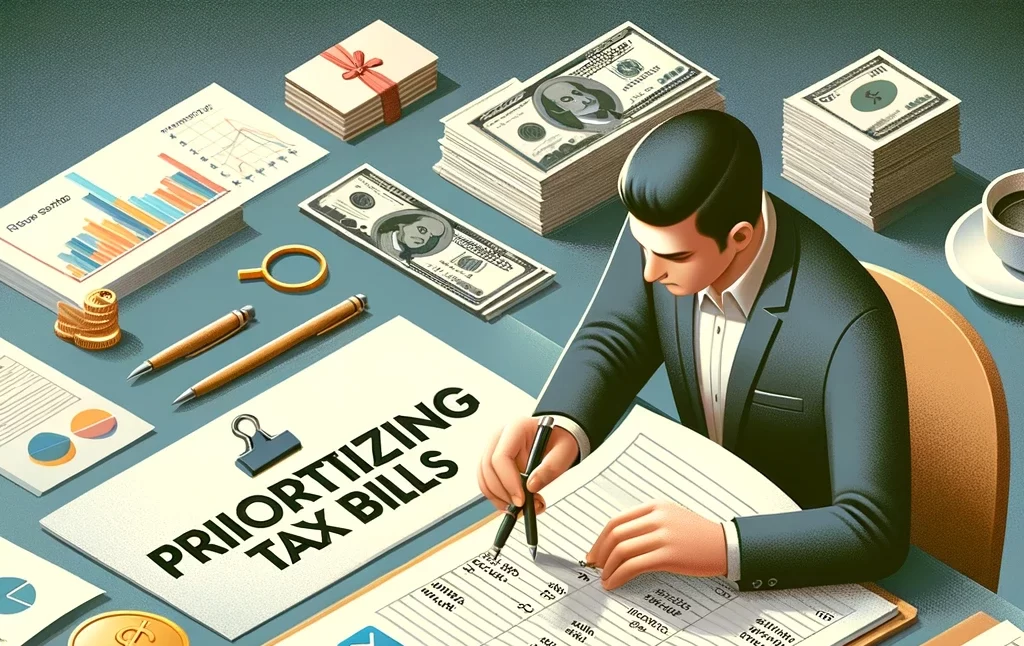
When tax season arrives and you end up not able to pay what you owe, it may be a supply of important pressure. Alternatively, there are steps you’ll take to mitigate the location and deal with your tax responsibilities responsibly. Right here’s an in depth information on what to do if you’ll’t pay your taxes on time.
1. Don’t Forget about the Downside

Ignoring your tax invoice received’t make it move away; it’ll best make issues worse. Step one is to recognize the location. Remember the fact that the IRS offers with this often and provides a number of answers to assist taxpayers. The secret is to behave promptly to keep away from further consequences and hobby that accrue through the years.
2. Report Your Tax Go back on Time

Even though you’ll’t pay, be sure you dossier your taxes or dossier for an extension. Failing to dossier can lead to a failure-to-file penalty. Be mindful, this extension is just for submitting your go back, no longer an extension to pay your tax invoice. By way of submitting your taxes, you’re demonstrating a willingness to agree to tax rules, which will also be really helpful for your communications with the IRS.
3. Touch the IRS

Be in contact with the IRS about your scenario. They’re incessantly extra accommodating once they see proactive efforts from taxpayers. In lots of circumstances, they are able to be offering steering or an answer you could no longer have regarded as. It’s additionally vital to stick knowledgeable about any new IRS insurance policies that can be offering further reduction.
4. Discover Cost Plans

The IRS provides quite a lot of fee plans, together with temporary extensions and longer installment agreements. Those generally is a viable choice if you want extra time to pay your tax invoice. Analysis which plan fits your monetary scenario best possible and follow during the IRS website online or by way of contacting them without delay.
5. Believe a Brief-term Mortgage or Credit score Card Cost

Whilst it’s going to appear counterintuitive to tackle debt, a temporary mortgage or bank card fee can have decrease rates of interest than the consequences and hobby charged by way of the IRS. Examine the prices sparsely and believe this selection if it’s more cost effective in the end.
6. Keep away from Further Consequences

Make each effort to reduce further consequences. This comprises submitting on time, paying up to you’ll by way of the due date, and staying in verbal exchange with the IRS. Consequences can gather temporarily, making your scenario tougher.
7. Take a look at Eligibility for Waiving Consequences

In some cases, the IRS would possibly waive consequences for overdue fee if you’ll display cheap reason for no longer paying on time. This doesn’t normally follow to the hobby fees at the taxes owed, however decreasing consequences can nonetheless considerably lower your general invoice.
8. Search Skilled Assist

If you are feeling crushed, it could be sensible to seek the advice of a tax skilled. They are able to be offering steering adapted for your scenario and would possibly know of choices and systems that you’re not conscious about. Involving a qualified too can be sure that all forms and verbal exchange with the IRS are treated accurately.
9. Don’t Fail to remember Tax Credit and Deductions

Be sure to’ve taken good thing about all acceptable tax credit and deductions. Every so often, folks fail to see those, which will scale back their tax legal responsibility. Glance into any credit or deductions you would possibly not have claimed, as this might considerably decrease your tax invoice.
10. Prioritize Your Tax Invoice

If in case you have quite a lot of money owed, prioritize your tax invoice. IRS money owed will have extra serious penalties than different sorts of money owed, together with the opportunity of salary garnishment. Overview your price range and believe paying off your tax debt first or looking for a steadiness that addresses all of your responsibilities.
11. Believe Long term Tax Changes

If this 12 months used to be difficult, make changes for the following tax 12 months. This may come with expanding your withholdings or making estimated tax bills should you’re self-employed. Making plans assist you to keep away from a identical scenario one day.
12. Keep Knowledgeable about Tax Regulation Adjustments

Retaining abreast of adjustments in tax rules is a very powerful, as new regulation can considerably have an effect on your tax liabilities and reduction alternatives. Tax rules are often revised to replicate financial insurance policies, cope with rising problems, or supply reduction in instances of disaster, corresponding to all the way through financial downturns or public emergencies. Those adjustments can introduce new deductions, credit, and even particular systems providing further reduction to taxpayers.
Navigating Tax Demanding situations with Prudence

Dealing with tax demanding situations will also be daunting, however taking those steps can assist navigate during the procedure extra easily. Be mindful, the worst motion you’ll take isn’t any motion. By way of addressing the problem head-on, exploring to be had choices, and looking for skilled recommendation when vital, you’ll set up your tax responsibilities in some way that minimizes pressure and monetary have an effect on. Keep knowledgeable, keep proactive, and know that there are avenues to be had that can assist you via this difficult time.
The put up Do Those 12 Issues If You Can’t Pay Your Taxes On Time gave the impression first on The Unfastened Monetary Guide.






